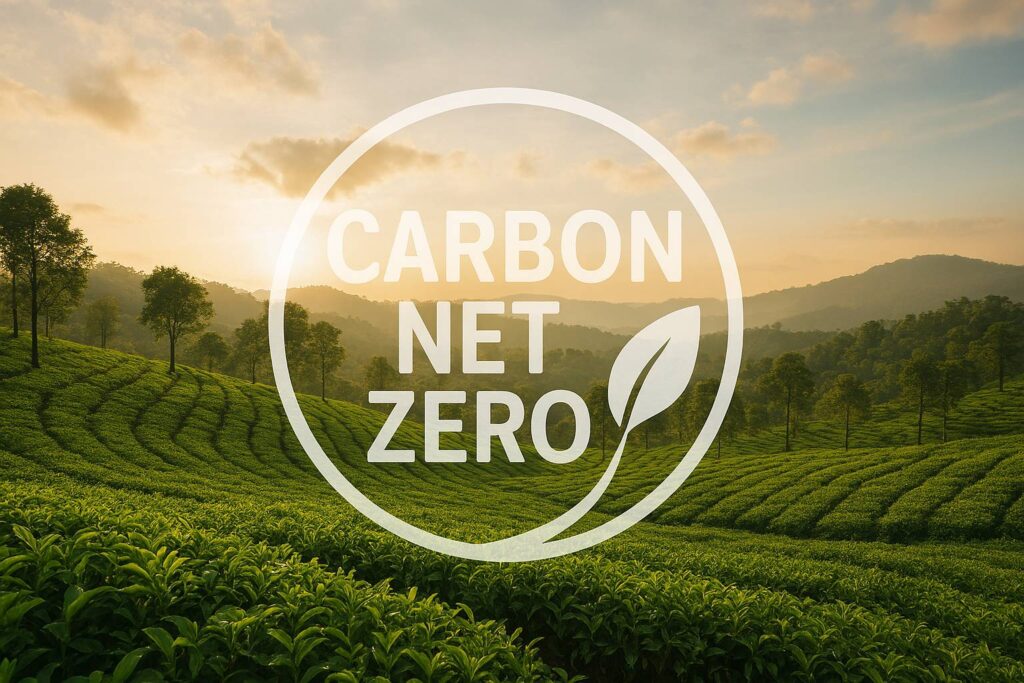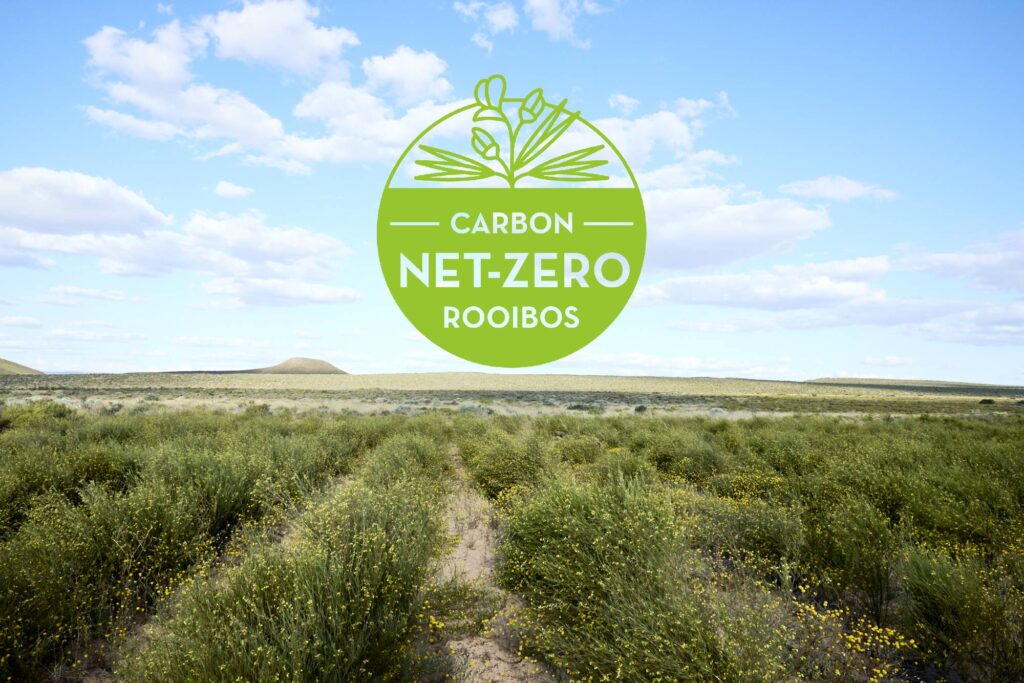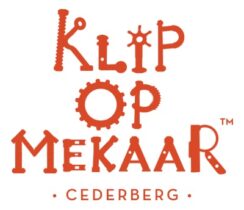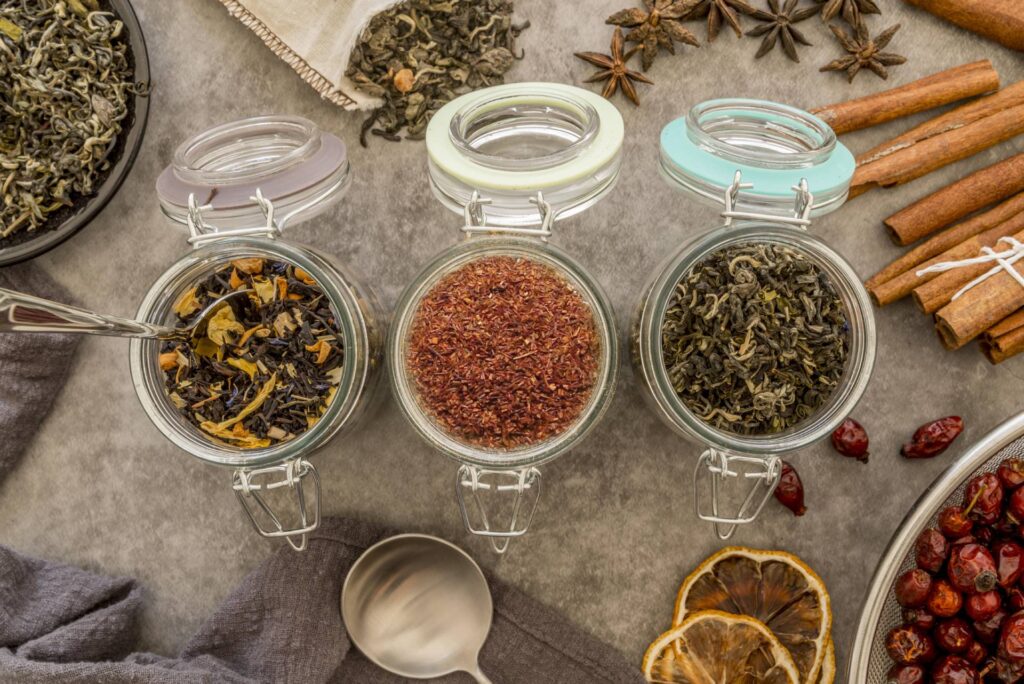In an era where climate change is at the forefront of global concerns, tea brands are increasingly turning to sustainable practices to reduce their environmental footprint. Among the leading indicators used by tea brands to signpost the sustainability of their products is the sourcing of carbon net-zero tea and herbal ingredients.
Carbon net-zero (aka carbon neutral) sourcing refers to the process where the greenhouse gas (GHG) emissions associated with growing, processing, and transporting tea and herbal ingredients are balanced by equivalent removals or offsets, resulting in zero net emissions. This approach is particularly relevant for the tea industry, which contributes significantly to global emissions through cultivation, energy-intensive processing, and supply chains.
By adopting carbon net-zero ingredients, tea brands not only contribute to planetary health but also unlock a range of benefits that enhance their operations and market position. This article explores these advantages in detail.

Environmental Advantages
Sourcing carbon net-zero, or ‘carbon neutral’, tea and herbal ingredients directly addresses the environmental challenges posed by traditional tea production, which accounts for a substantial portion of global GHG emissions—up to 26% from food production overall.
Regenerative farming practices, such as no-till, organic methods, cover cropping, and mulching, help sequester carbon in the soil, improving soil health and biodiversity while offsetting emissions from fertilisers, transport, and processing. For instance, brands like Pukka Herbs have developed roadmaps to net zero by funding regenerative agriculture, which reduces reliance on synthetic inputs and enhances ecosystem resilience, as demonstrated by this case study.
Additionally, eco-friendly and organic practices lower water usage and decrease pollution, preserving local ecosystems in tea-growing regions like Africa, India, and China. These approaches consist of a range of actions implemented at ground level that contribute to improving soil health, increasing biodiversity, reducing emissions, and lowering the volume of water consumption through more efficient irrigation practices. Conservation tillage, for example, minimises soil disturbance, retains organic matter, and can reduce diesel use by up to 50%, which significantly lowers the carbon footprint of farming operations.
Initiatives such as reforestation projects, supported by companies like Numi Organic Tea through the purchase of carbon credits, offset over 10,000 tons of CO₂ equivalent annually through partnerships in the Amazon rainforest, promoting carbon storage and habitat protection. In addition, by working with carbon management platform for consumer brands such as Planet FWD to estimate an average product carbon footprint for all their teas and herbal products, brands provide a full picture of climate impact.
Overall, by providing consumers with sustainable products these efforts help to mitigate climate change impacts, such as unpredictable weather patterns that threaten crop yields in vulnerable producer countries.

Economic Gains
While transitioning to carbon net-zero sourcing requires upfront investment, the long-term economic benefits for tea brands are compelling. Energy-efficient practices and renewable sources like solar and wind can significantly cut operational costs in farming and processing.
Brands can also generate additional revenue through carbon credit schemes, selling verified credits on global markets after achieving net-zero status via third-party assessments. Brands environmental credentials can open doors to premium markets, where consumers are willing to pay more for sustainable products, boosting profitability. Moreover, by minimising supply chain disruptions from climate-related risks, such as droughts or floods, brands ensure stable ingredient availability, reducing potential financial losses.
Companies like Bettys & Taylors Group have seen these gains through grassroots programs such as the Trees For Life programme, which plant indigenous trees and teach conservation farming, leading to verified emissions reductions and cost-effective carbon-neutral products.
Boosting Brand Image and Consumer Appeal
In today’s market, consumers prioritise sustainability, with many seeking out ethical and eco-friendly options. By sourcing carbon net-zero / carbon neutral ingredients, tea and beverage brands differentiate themselves from competitors, building loyalty among environmentally conscious buyers. Carbon net-zero status is not just a technical milestone – it’s a meaningful narrative that can deepen customer loyalty and elevate brand identity. The journey to carbon neutrality begins with transparency – and this in turn creates an opportunity to tell the full origin story, including those measures taken by the producer to lower their carbon footprint in a variety of ways.
A good example of this are brands like Yorkshire Tea, who have leveraged transparency by partnering with Quantis International to calculate GHG emissions at every stage of production and distribution. This transparency, in tandem with its CarbonNeutral programme, has enabled the company to offer verifiably carbon-neutral products from farm to shelf, thus enhancing its sustainability credentials with consumers.
This approach strengthens corporate social responsibility (CSR) and environmental, social, and governance (ESG) profiles, appealing to investors and partners. Sustainable packaging, such as biodegradable tea bags used by Clipper Teas and Yogi Tea, further amplifies this appeal, reducing plastic waste and aligning with zero-waste trends. For Clipper, this has seen a shift to unbleached, non-GM, plant-based, and fully biodegradable tea bags, whilst Yogi have moved to 100% compostable tea bags through the use of abaca fibres (Manila hemp), organic cotton strings, and FSC-certified paper tags.
For smaller brands, net-zero sourcing provides a competitive edge against larger players, while big names like Twinings use responsible sourcing programs to meet consumer demands for transparency. Ultimately, when viewed alongside ethical certifications such as Fair Trade and UEBT / Rainforest Alliance, these efforts foster brand loyalty and drive sales growth in a market where sustainability is a key purchasing factor.
Enhancing Supply Chain Resilience
Carbon net-zero sourcing builds more resilient supply chains by promoting practices that adapt to climate challenges. In regions prone to extreme weather, initiatives like agroforestry and optimal fertiliser use improve crop yields and farmer livelihoods, ensuring consistent supply. Collaborative efforts, such as those by the Ethical Tea Partnership (ETP), support smallholder farmers with training and low-carbon technologies, addressing data gaps and financial barriers.
By localising inputs and reducing transport emissions – through sea-freight shipping as done by Arbor Teas, which also partners with CarbonFund.org to offset the remaining carbon emissions through green energy, energy efficiency, and reforestation projects – brands minimise vulnerabilities in global logistics. These strategies not only lower emissions but also empower communities, with programs like ETP’s low-carbon tea initiative in Kenya fostering multistakeholder partnerships for long-term stability.

Regulatory and Future-Proofing Benefits
As governments worldwide implement stricter environmental regulations, carbon net-zero sourcing positions tea brands for compliance and avoids future penalties. In the European Union, the evolving legislative environment under the European Green Deal is particularly influential, aiming for climate neutrality by 2050 and a 55% reduction in GHG emissions by 2030 through the ‘Fit for 55’ package. This framework includes key directives that incentivise or mandate tea brands – especially those operating in or importing to the EU – to cut supply chain emissions, measure their carbon footprint, and prioritise carbon net-zero or neutral ingredients.
The Corporate Sustainability Reporting Directive (CSRD) requires large companies (those with over 250 employees, €50 million turnover, or €25 million in assets) and listed firms to disclose detailed environmental impacts, including GHG emissions and supply chain risks, using European Sustainability Reporting Standards (ESRS). For tea brands, this means mandatory reporting on Scope 3 emissions from global supply chains, starting with reports for the 2024 financial year published in 2025, with phased expansions and some simplifications in 2025 to focus on larger entities (over 1,000 employees). This drives brands to measure and reduce their carbon footprint to meet transparency requirements and avoid non-compliance fines.
Complementing this, the Corporate Sustainability Due Diligence Directive (CSDDD) mandates due diligence to identify, prevent, and mitigate adverse environmental impacts in operations and value chains, applying to EU companies with €450 million turnover and non-EU firms with significant EU operations. For the tea industry, this requires active management of supplier emissions, encouraging collaborations to achieve net-zero targets and reducing risks from climate-vulnerable sourcing regions.
The EU Deforestation Regulation (EUDR) further compels deforestation-free sourcing for commodities by December 30, 2025, impacting tea brands that import ingredients potentially linked to land-use changes. The Carbon Border Adjustment Mechanism (CBAM), fully implementing in 2026 with a transitional phase through 2025, imposes carbon pricing on imports based on embedded emissions, incentivising low-carbon sourcing to avoid additional costs. Additionally, the EU Taxonomy classifies sustainable activities, guiding investments toward net-zero aligned practices and providing incentives like access to green finance.

These regulations collectively push tea brands to buy carbon net-zero ingredients, such as Rooibos tea from suppliers like Klipopmekaar in South Africa, which achieves net-zero through regenerative farming, renewable energy (solar), local inputs, and soil carbon sequestration via no till, cover crops and mulching.
Verified by third-party standards, this allows brands to comply with EU mandates, reduce Scope 3 emissions, and communicate sustainability credentials, while benefiting from Rooibos’s protected designation of origin (PDO) status in the EU.
Aligning with frameworks like the Paris Agreement and Science Based Targets Initiative (SBTi) ensures brands meet GHG reduction mandates, while incentives such as Payments for Ecosystem Services (PES) provide financial support for sustainable practices, future-proofing operations against rising carbon taxes.
Brands like Pukka Herbs, as a certified B-Corp, exemplify this by committing to net-zero targets, preparing for evolving standards in emissions reporting and transparency. This proactive stance not only mitigates risks but also unlocks opportunities in emerging green markets.
Conclusion
Sourcing carbon net-zero tea and herbal ingredients offers tea brands a multifaceted path to sustainability, delivering environmental protection, economic efficiency, enhanced consumer appeal, resilient supply chains, and regulatory readiness.
As exemplified by leaders like Numi Organic Tea and Bettys & Taylors Group, these practices are not just ethical choices but strategic imperatives in a climate-conscious world, especially amid the EU’s push for net-zero through directives like CSRD and CBAM. Tea brands that embrace this shift today – such as by incorporating carbon net-zero Rooibos – will thrive tomorrow, contributing to a greener planet while enjoying the taste of success. For those ready to make the change, partnering with certified suppliers and investing in regenerative methods is the first step toward a net-zero future.
For more detail on how our carbon net-zero rooibos can benefit you as a tea brand, see our Carbon Net-Zero Rooibos Supplier page.
And for more information on our approach to producing premium rooibos through regenerative farming that builds climate resilience, see these pages here on our website:

